Innovating Trucking Talent: Minnesota’s Campaign Targets New Generation of Drivers
Embarking on a crucial journey towards revitalizing the trucking sector, the Minnesota Trucking Association is steering a path less traveled with the launch of its “Drive the Difference” campaign. This forward-thinking initiative, launched in April of this year, is not just another recruitment drive; it’s a concerted effort to reshape the industry’s future. With an eye on drawing in a younger, more diverse workforce, the campaign is adeptly utilizing social media to connect with a new generation, addressing the burgeoning freight demands and the impending retirement of the current driver demographic. From drivers to technicians and IT professionals, this campaign is reshaping the workforce landscape in trucking, ensuring that the wheels of this vital industry keep turning efficiently and inclusively. A Broad-Spectrum Recruitment Strategy “Drive the Difference” is a holistic recruitment movement. It extends its outreach to include technicians, IT professionals, and operations staff, addressing the industry’s pressing need for a broader range of skilled personnel. To achieve this, the MTA has partnered with community colleges and truck driving academies, like 160 Driving Academy and St. Cloud Technical and Community College. This expansive approach ensures a well-rounded talent influx into the industry. Empowering the Next Generation The initiative is making strides by targeting a new pool of potential drivers who possess what the association terms ‘Driver DNA’ – a passion for driving, independence, and a love for travel. As the industry confronts a bottleneck of Commercial Driver’s License (CDL) driving tests, efforts are underway to resolve this logjam and accelerate the transition of students to qualified drivers. Training Today’s Technicians While driver recruitment is a significant focus, there’s an equally urgent need for skilled technicians. The initiative is teaming up with technical colleges to foster a direct path from high school to technical training and employment. This approach is creating exciting opportunities for students and addressing the critical technician shortage in the trucking industry. Shaping a Diverse Future in Trucking The demographic landscape of Minnesota’s trucking workforce has evolved considerably over the past two decades. With a predominantly older driver base, “Drive the Difference” is a beacon of hope. Its success could fill current gaps and establish a foundation for a more diverse, sustainable workforce in the trucking industry, potentially serving as an exemplary model for other states facing similar logistics and transportation challenges. Before You Go… As we examine the transformative efforts of Minnesota’s “Drive the Difference” campaign, we see an industry on the cusp of significant change. Facing an aging workforce and a critical need for fresh talent, this initiative is a testament to the power of diversity and modern recruitment strategies in shaping the future of trucking. What do you think about this innovative approach? Could these strategies be a blueprint for other sectors within logistics and transportation? Share your thoughts, and join the conversation. And remember, for the latest trends in trucking and logistics, check back next week for more updates from Optimum Logistic’s weekly news recap. If you made it to this part of the article, we’d just like to take a moment to thank you for taking the time to read this weekly recap. Be safe out there and as always, If you’re in search of CDL A, B, or warehouse positions, check out our open positions. And if you need staffing solutions for commercial driving or industrial positions, be sure to explore our offerings.





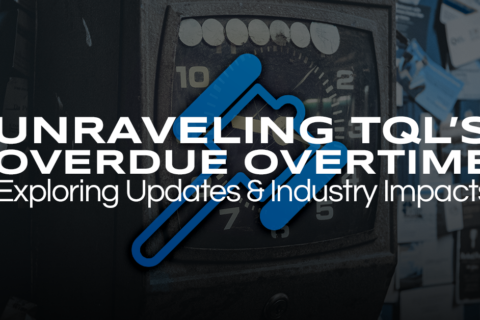
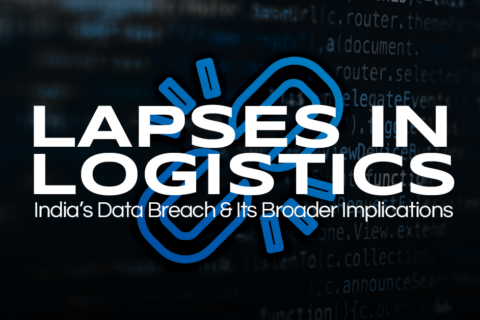

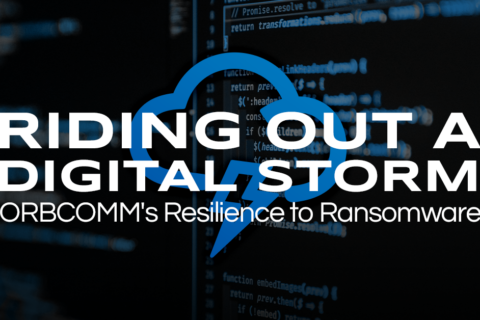
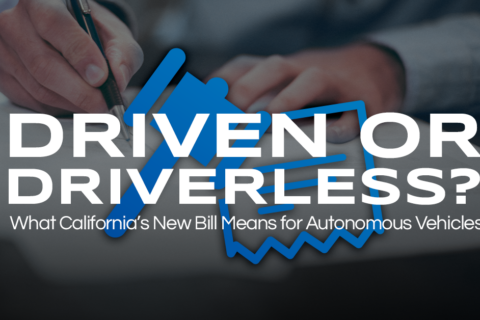
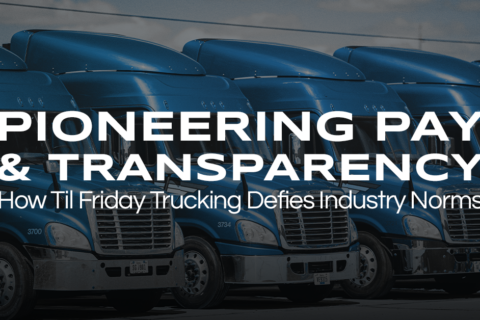
Recent Comments